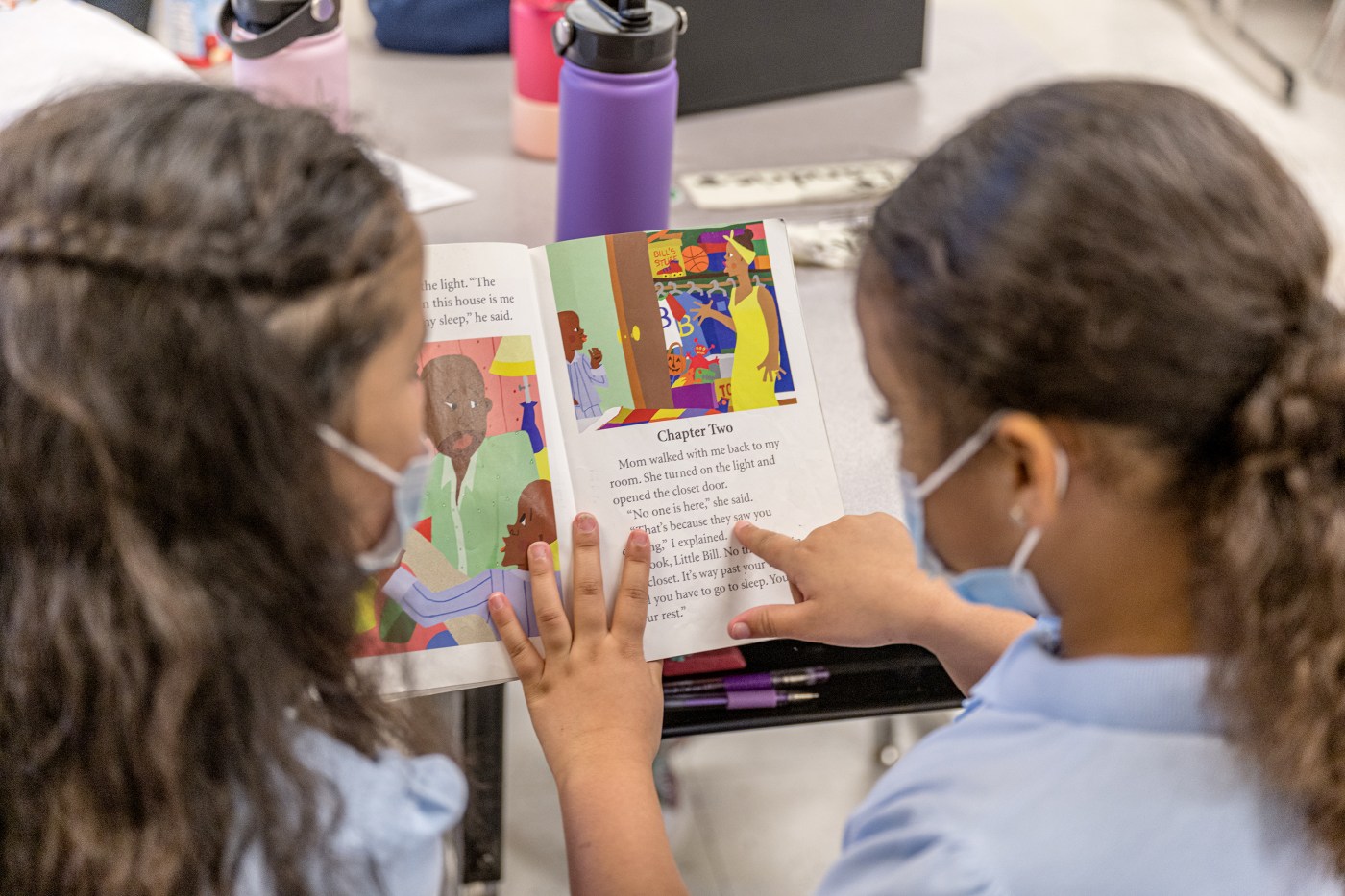
Jarvis: Pandemic is over, pandemic stress isn’t
Survey after survey tells us that Americans are struggling. The latest, the American Psychological Association’s annual gauge of stress in the U.S., reveals that people continue to feel worse than before the pandemic. The question is what to do about it.
And it’s no wonder that people are so stressed out: Humans have finite mental resources, and they’ve been decidedly depleted by years of dealing with COVID and its fallout, plus economic woes and worries about geopolitical upheaval. In the APA survey, which was conducted in August, nearly a quarter of adults reported operating at the highest levels of stress, rating it at least an 8 out of 10. Among parents, self-reported stress was so extreme that nearly half said it was “completely overwhelming” on most days, and 41% reported that it impedes their function.
The APA’s survey of adults shows stress levels are highest among those age 18–45, who reported the biggest increases since pre-pandemic times.
That group also saw a marked increase in chronic health and mental health diagnoses compared to before the pandemic. Adults under the age of 45 are currently most worried about the economy, with more than 70% citing it as a major stressor, compared to just over 50% of people in 2019. Parents again seem to be bearing the brunt, with two-thirds reporting they felt consumed by money woes.
We’re not helpless in managing that stress, particularly when it comes to those who say they are experiencing it most intensely. Rajita Sinha, director of the Yale Interdisciplinary Stress Center, says she often suggests that people feeling extreme stress should pause and ask themselves, “Where’s the fire?” If there’s a real emergency, of course, we should react, but when there isn’t, it can be grounding to run a basic inventory: “Am I okay? Is my family okay? Who can help?”
Reaching out for support from a friend or family member is the next step. While it might sound like stating the obvious to say that social connection is a vital part of coping, data suggest we’re doing a terrible job at it. In the APA survey, 62% of respondents said they don’t talk about how they’re feeling because they don’t want to be a burden, yet two-thirds of those surveyed also said that “they could have used more emotional support than they received.”
People could also do a better job of recognizing the sources of their stress and reining in our reactions to them. We can’t control the ominous news giving us a feeling of existential dread, but we can control our exposure to such news, says Lynn Bufka, associate executive director for practice research and policy at the APA. “Figure out how much you need to know in order to make a decision for your life and then turn it off,” Bufka advises.
Such small changes, performed consistently, might help us shake off some of the residual effects of several very difficult years — and set us up better to cope with the fresh challenges that seem to keep coming.
Lisa Jarvis is a Bloomberg Opinion columnist/Tribune News Service


